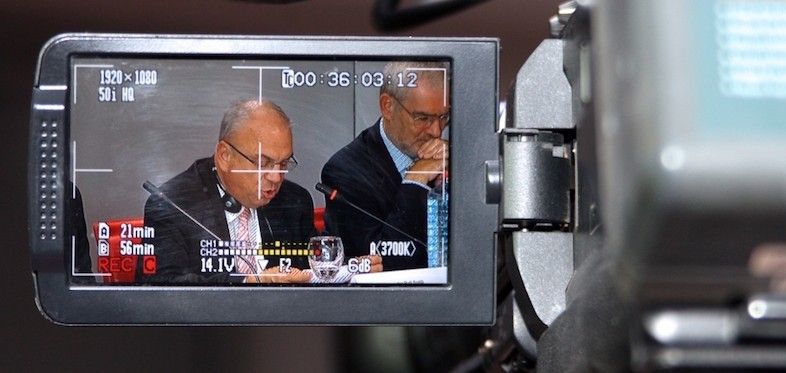The review period was marked by two ideologically opposed governments, each with distinct approaches to governing and different relationships with civil society. Until the super-election year in 2022, a right-wing coalition ruled through decrees rather than parliamentary acts. This caused not only a heated political climate, but resulted eventually in electoral change regarding the legislative majority and the head of state.
Slovenia’s economy experienced a rapid rebound in 2021 thanks to significant government interventions that helped to maintain relative financial stability. However, the government’s assumption of the financial burden caused by the pandemic was reflected in a substantial increase in public debt. Furthermore, the energy crisis following Russia’s invasion of Ukraine has pushed the inflation rate.
One urgent issue is healthcare reform, particularly due to an aging population. For the healthcare reform to succeed, the government will need to collaborate closely with the opposition and overcome various potential veto actors.
